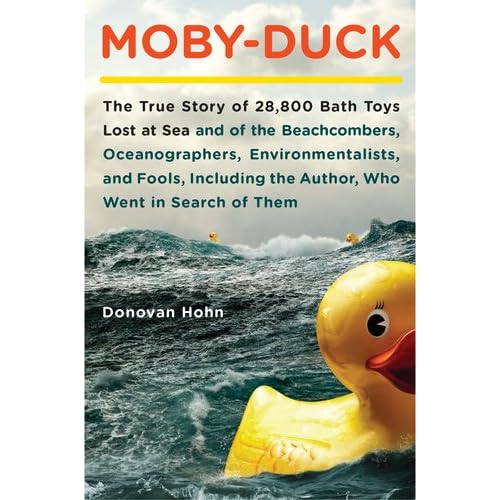On this episode of Teachers Teaching Teachers Renee Hobbs discusses her white paper, “
Digital and Media Literacy: A Plan of Action,” published in November 2010. You will enjoy this podcast if, like Renee, you have had
enough of “gee-wiz” gaping over new technology tools.” In her work, Renee seeks to identify and support projects and communities (perhaps like yours) where educators are shifting towards “a focus on critical thinking and communication skills” (xii Digital and Media Literacy). On this podcast you'll hear what Renee’s plan of action is all about. Let’s put ourselves on the map of existing resources as well following up on these other recommendations from the
Executive Summary:
Support Community-Level Digital and Media Literacy Initiatives
1.
Map existing community resources and offer small grants to promote community partnerships to integrate digital and media literacy competencies into existing programs.
2. Support a national network of summer learning programs to integrate digital and media literacy into public charter schools.
3. Support a Digital and Media Literacy (DML) Youth Corps to bring digital and media literacy to under-served communities and special populations via public libraries, museums and other community centers.
Develop Partnerships for Teacher Education
4. Support interdisciplinary bridge building in higher education to integrate core principles of digital and media literacy education into teacher preparation programs.
5. Create district-level initiatives that support digital and media literacy across K–12 via community and media partnerships.
6.
Partner with media and technology companies to bring local and national news media more fully into education programs in ways that promote civic engagement.
Research and Assessment
7. Develop online measures of media and digital literacy to assess learning progression and develop online video documentation of digital and media literacy instructional strategies to build expertise in teacher education.
Parent Outreach, National Visibility, and Stakeholder Engagement
8.Engage the entertainment industry’s creative community in an entertainment-education initiative to raise visibility and create shared social norms regarding ethical behaviors in using online social media.
9. Host a statewide youth-produced Public Service Announcement (PSA) competition to increase visibility for digital and media literacy education.
10. Support an annual conference and educator showcase competition in Washington, D.C. to increase national leadership in digital and media literacy education.
Here are more resources to take a look at as well:
- Read the white paper, published by the Knight Foundation, online.
- Watch a video of a roundtable at the Aspen Institute in November (especially 12:10 - 34:45).
- View a slide show that Renee put together.
There’s so much here! We hope that you will find ways to join this movement and add to the networks for digital and media literacy with Renee Hobbs, founder of the
Media Education Lab:

Renee Hobbs is one of the leading authorities on media literacy education in the United States. She is a Professor at the School of Communications and Theater at Temple University in Philadelphia and holds a joint appointment at the College of Education. She founded the Media Education Lab in the Department of Broadcasting, Telecommunications and Mass Media. She has written dozens of scholarly articles, created multimedia curriculum resources and offered professional development programs on four continents to advance the quality of media literacy education in the United States and around the world.
Please enjoy the conversation!
Click Read more to see a copy of the chat that was happening during the webcast.

 Moby Duck
Moby Duck on the show in the hallways of the
on the show in the hallways of the 
